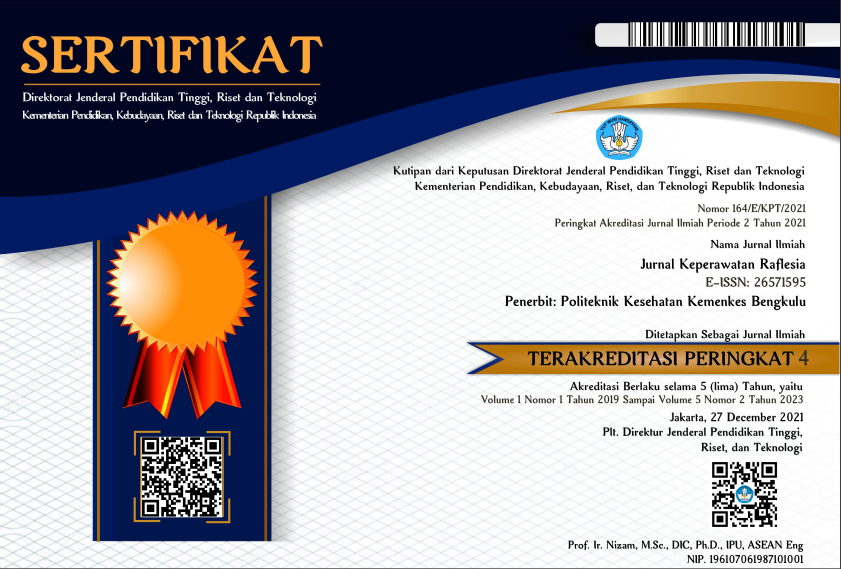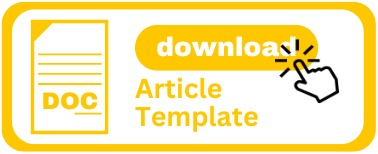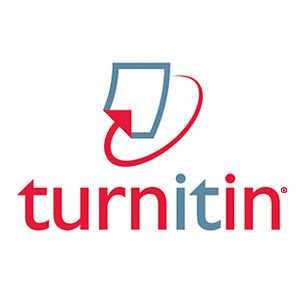Efikasi diri dan Implementasi Early Warning Scoring System (EWSS) pada Pasien Henti Jantung oleh Perawat Ruang Rawat Inap
DOI:
https://doi.org/10.33088/jkr.v6i1.940Keywords:
cardiac arrest, implementation of ewss, inpatient nurse, self-efficacyAbstract
The incidence of cardiac arrest patients in the world is increasing. Early detection is an important factor in the management of cardiac arrest patients and the parameters used to monitor the patient's condition intensively are called EWSS (Early Warning Scoring System). Success in carrying out these EWSS parameters can be influenced by the role of nurses and nurses' beliefs or self-efficacy. This study analyses the relationship between nurses' self-efficacy in implementing the EWSS in the Cibabat Hospital Inpatient Room. This study used a cross-sectional study with purposive sampling of all nurses in the inpatient room as many as 100 people. The data collection instruments used were self-efficacy questionnaires and observations of completing the EWSS sheet. As many as 51% of respondents have high self-efficacy, and 64% of respondents implement EWSS completely. Based on the chi-square statistical test obtained (? value = 0.001 < = 0.05) it shows that there is a relationship between nurses' self-efficacy in the implementation of EWSS in the Inpatient Room of Cibabat Hospital. There is a relationship between nurses' self-efficacy in implementing EWSS. Researchers recommend the hospital policy to provide training to nurses regarding the implementation of EWSS and update the EWSS parameters into 7 EWSS indicators according to the applicable national theory.Downloads
Published
2024-05-30
Issue
Section
Articles
License
Authors who publish with JURNAL KEPERAWATAN RAFLESIA agree to the following terms:
- Authors retain copyright and grant the Jurnal Keperawatan Raflesia right of first publication with the work simultaneously licensed under a Creative Commons Attribution License (CC BY-NC-SA 4.0) that allows others to share (copy and redistribute the material in any medium or format) and adapt (remix, transform, and build upon the material) the work for any purpose, even commercially with an acknowledgement of the work's authorship and initial publication in Jurnal Keperawatan Raflesia.
- Authors are able to enter into separate, additional contractual arrangements for the non-exclusive distribution of the journal's published version of the work (e.g., post it to an institutional repository or publish it in a book), with an acknowledgement of its initial publication in Jurnal Keperawatan Raflesia.
- Authors are permitted and encouraged to post their work online (e.g., in institutional repositories or on their website) prior to and during the submission process, as it can lead to productive exchanges, as well as earlier and greater citation of published work (See The Effect of Open Access).

















